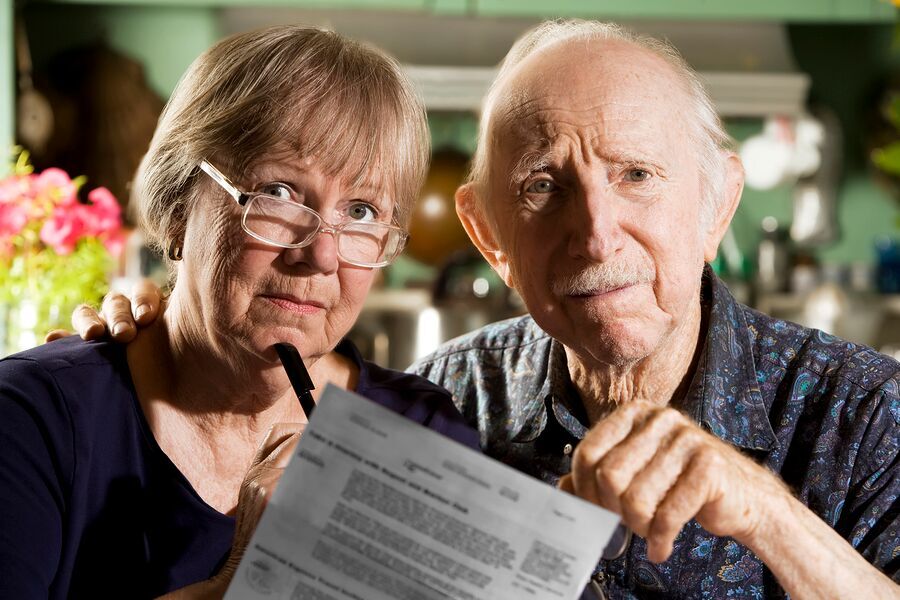The federal government in December put states on notice that it would begin investigating nursing home discharges that appear to violate federal law.
Complaints about nursing home discharges are on the rise and are the largest single category of complaint about nursing homes.
Under federal law, there are only a limited number of reasons a nursing home is allowed to discharge a resident. Those are:
- The resident has improved sufficiently and no longer needs the nursing home.
- The resident’s needs cannot be met in the nursing home.
- The health or safety of people in the facility is endangered due to the clinical or behavioral status of the resident or due to some other reason.
- The nursing home ceases to operate.
- The resident fails to pay for (by any means, whether privately, by insurance, Medicare, or Medicaid) a stay at the nursing home. (This includes not submitting required paperwork for third-party payment.)
Two additional points. (1) A nursing home is not allowed to discriminate regarding sources of payment. (2) Even if a nursing home has one or more of the above grounds to evict, a nursing cannot discharge except “to a safe environment”.
However, many elder law attorneys and other advocates note a seemingly high correlation between the end of private payment, private insurance payment, or Medicare payment, and the beginning of Medicaid payment (which pays at a much lower rate), and notices of nursing home discharge.
This has also attracted the attention of the New York Times.

